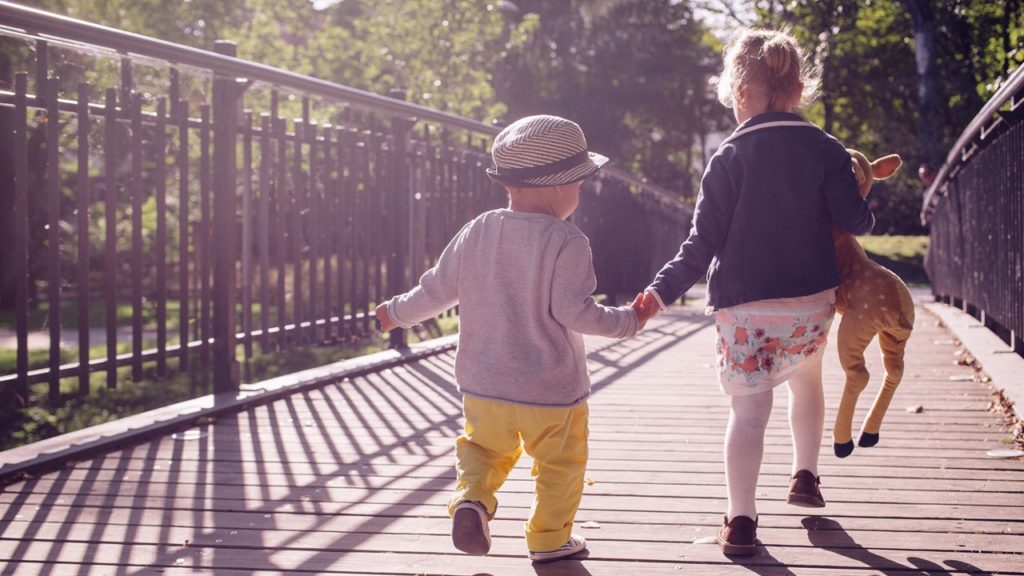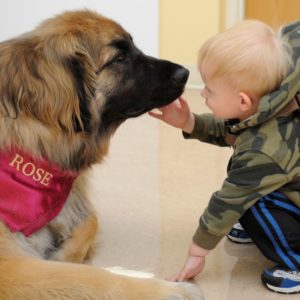STUDY TIP #5
Humans are very context sensitive. Use a highly efficient system. We don’t try to remember everything everywhere. We don’t store complete scenes or detailed accounts. We store the recipe, not the meal.
We use environmental cues to find stored fragments and create our memories. When we “recollect” an event, we are actually regenerating it from the recipe we stored. We use environmental cues to make that recollection process easier. We use location to indicate what we should remember where.
We learn best when the learning conditions match the performance conditions. This is called the Encoding Specificity Principle. Encoding (learning) is best when the specific conditions under which you learn match those of where you will perform.
In general, choirs perform better when they rehearse in the same place they perform. Students who must take a test in a quiet environment to best when they learn in a quite environment. Soldiers who must perform in loud and dusty conditions should practice in conditions that are loud and dusty.
The context includes physical location, environmental cues, mental states and emotional moods. Match as many of these variables as possible. Match the sights, sounds, and smells of the learning and recall environments. Match the level of stress and happiness (high or low). Match the physical locations and the setting (indoors or out).
“Ultimately, dress rehearsals and practice games match all these conditions best.
Take your kids on field trips to the mall, the park and to the beach. Give them supervised opportunities to perform. As they grow, give them more supervised freedom. You want them to be able to handle things on their own, gradually teach them in settings.
How It Works
The way to apply this principle to real life involves two steps.
 First, decide where you want to recall it.
First, decide where you want to recall it.
Where will the performance be? If you are a sales person, you want to recall it when meeting with a client. Are you going door to door? Are there sales leads or is this cold calling? Will you need to thorough explain or demonstrate your product or service? How much time will you need to see if your product meets the needs of the customer?
If you are a musician, will it be an outdoor concert, in a hot stuffy club or in a spacious concert hall? Will you be able to tune your instrument immediately before you play or are there constraints on you? How many people are you playing with and how many people are you playing to? Are you playing jazz or is every note predetermined?
Second, adjust your learning environment to match your performance criteria.
It is difficult to control where your performance will be. It is much easier to adjust the learning environment to match it. Consequently, role playing, play by play analysis and mentoring are great ways to learn sales. Role playing is quite artificial but it is a step in the right direction.
 Watching other sales people (including yourself) can be very helpful. Video would be the best but audio recording (with the permission of the customers) would work too. Go through the pitch step by step. Where did you connect with the needs of the customer, where were you pushing your agenda instead of theirs?
Watching other sales people (including yourself) can be very helpful. Video would be the best but audio recording (with the permission of the customers) would work too. Go through the pitch step by step. Where did you connect with the needs of the customer, where were you pushing your agenda instead of theirs?
Mentoring and apprenticeships provide an opportunity to observe a more experienced person, ask questions and then try things out yourself. Do your learning under the same conditions you want to perform under. Match the practice environment with the free-flowing nature of the sales environment.
If you are a musician performing with a group, practice as a group. If you are a soloist, do your own thing. In either case, have as many dress rehearsals as possible. Practice with all of the cues present.
Real Life
Often we want people to apply what they’ve learned in real life. We teach them in one environment and expect them to apply it in another. It is not an impossible task but it does require more effort.
If you want someone to be able to perform under any condition, teach them in as many conditions as possible. You have to teach your puppy to come in the back yard, the front yard, the side yard, the neighbor’s yard, the local park, a distance park, the beach, and the mountains.
Compared to puppies, people are tremendously capable of learning in one condition and applying it another. That is one of our great strengths. We are very good at it. But we learn the easiest when the learning conditions match the recall conditions. So make it easy on yourself: learn where you want to perform.
